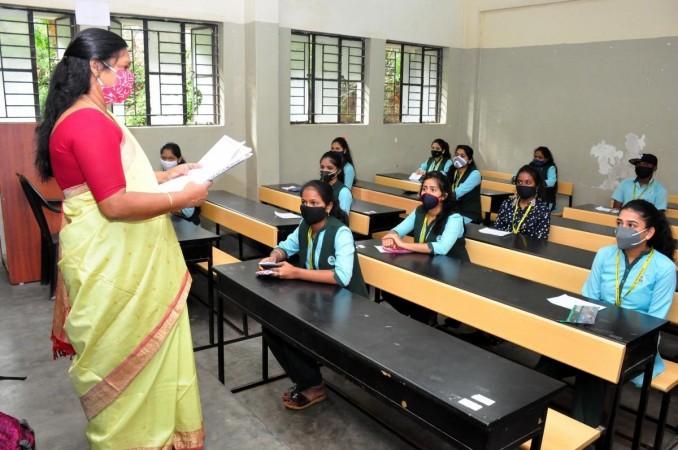The concept of climate change has been incorporated in the curriculum and in the textbooks developed by the National Council of Educational Research and Training (NCERT).
This curriculum is a part for the subjects like Social Sciences and Geography for classes 7 and 11. Topics on climate change have also been incorporated in the NCERT's Science Textbooks for classes 8 and 9 and Biology Textbook for class 12.
Minister of State for Education, Annpurna Devi said, "NCERT has been organizing in-service teachers' capacity building programmes in Geography as well as in Social Sciences where teachers are sensitized over the issues related to climate change."
Live interactive sessions have also been conducted on Swayam Prabha, PM eVidya Channel on climate change. National Initiative for School Heads and Teachers Holistic Advancement (NISHTHA) learning modules for elementary stage also includes Environmental Science (EVS) concerns related to environmental protection in the module on EVS. Approximately, 42 lakh teachers have already completed NISHTHA learning modules through offline and online mode, the minister added.

Annpurna Devi said that it has taken into account the concerns of the Socio-Economically Disadvantaged Groups (SEDGs) which includes female and transgender individuals, Scheduled Castes, Scheduled Tribes, OBCs, minorities and other categories. The NEP aims at bridging the social category gaps in access, participation, and learning outcomes in school education.

Department of School Education and Literacy (DoSEL), Ministry of Education is implementing Samagra Shiksha scheme, effective from 2018-19. Bridging gender and social category gaps at all levels of school education is one of the major objectives of the scheme.

















